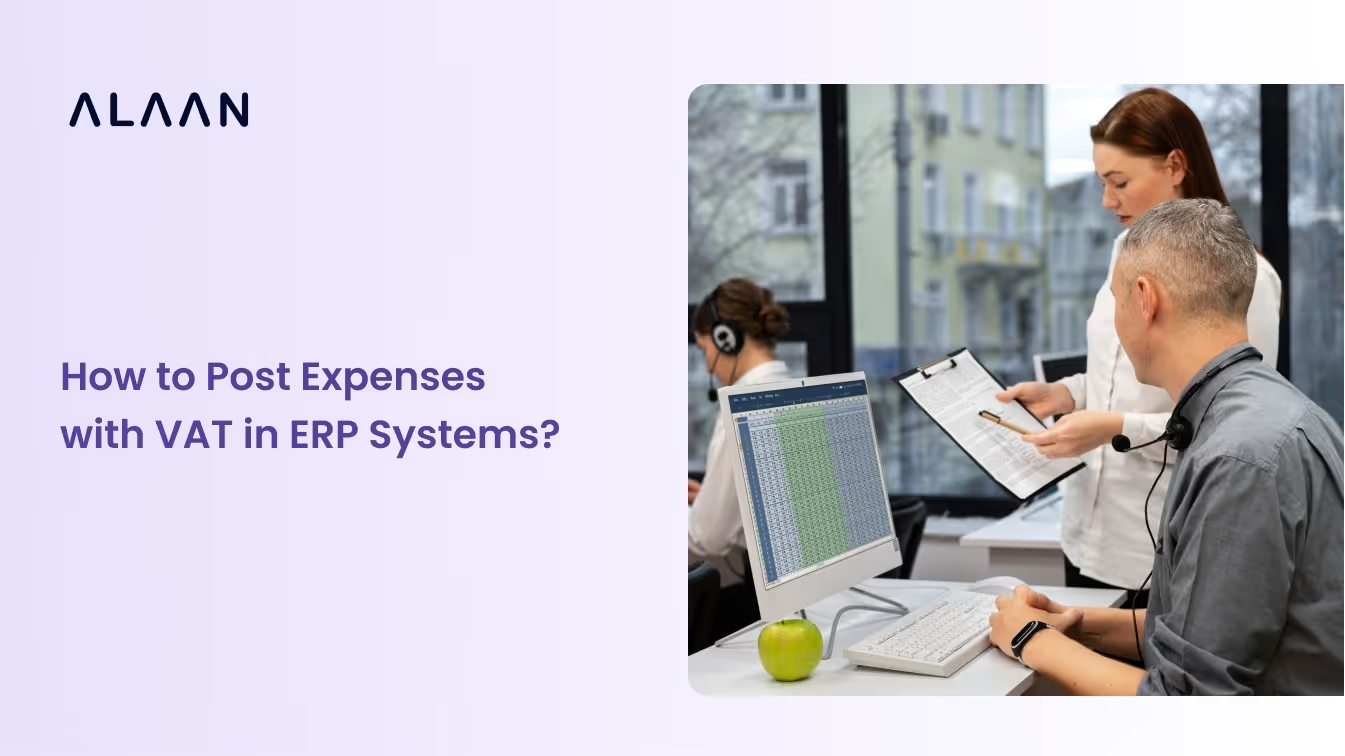1. Administrative Penalties: Under the UAE VAT regime, administrative penalties may be imposed for non-compliance with regulations. These penalties serve as a deterrent for businesses and ensure adherence to the system. To read them in detail, please refer to the blog here.
2. Concerned Goods: Imported goods that are not exempt from VAT if they were sold within the UAE.
3. Consideration: The value received by a business in exchange for supplying goods or services. This can be money but includes barter arrangements or part-payments (e.g., Selling a laptop for AED 2,000 or providing marketing services in exchange for office space).
4. Deemed Supply: Certain situations where VAT applies even though there isn't a traditional sale. This can include giving away free samples or using company assets for personal purposes.
5. Designated Zone: In the UAE, a designated zone is a special business area. It often has rules that are different from those of the rest of the country, including VAT. Usually, buying and selling things there is VAT-free.
To read more about VAT in the UAE's Free Zone, read the blog here.
6. Excise Tax: The UAE introduced an excise tax in 2017. This tax is added to certain products that can be harmful to health or the environment, like cigarettes and sugary drinks. It is levied at 100% on cigarettes and 50% on carbonated drinks.
7. Exempt Supply: Goods and services that are not subject to VAT. Examples include educational services, basic necessities (like bread and flour), and certain financial services. To know more about them in detail, read the blog here.
8. Input Tax: The VAT a business pays on purchasing goods and services used for taxable supplies. This amount can be deducted from the output tax collected (e.g., VAT paid on office supplies).
Looking to claim input tax? Read our blog to know the process.
9. Mandatory Registration Threshold: The annual value of taxable supplies a business must exceed to register for VAT. Currently, the threshold for UAE resident businesses is AED 375,000 (mandatory registration) and AED 187,500 (voluntary registration). This threshold does not apply to foreign businesses.
10. Net VAT Due: The final VAT amount a business owes to the Federal Tax Authority (FTA). It's calculated by subtracting input tax from output tax.
11. Output Tax: The VAT a business charges on its sales of taxable goods and services. This amount must be shown separately on invoices and remitted to the FTA. (e.g., The 5% VAT added to the price of a restaurant meal)
12. Payable Tax: It is the final amount of tax you owe to the Federal Tax Authority (FTA).
13. Registration Number: A unique identification number assigned by the FTA (Federal Tax Authority) to a business registered for VAT purposes. This number must be included on tax invoices.
14. Recoverable Tax: If the VAT you paid on business purchases (input tax) is more than the VAT you collected from customers (output tax), you can claim this difference back from the government.
15. Reverse Charge: In the UAE VAT system, reverse charge is a mechanism that shifts the responsibility for paying VAT from the supplier to the recipient of the goods or services. This is usually to ensure VAT compliance even when the seller isn't registered in the UAE VAT system.
To read more about reverse charge, read our blog here.
16. Standard Rate: The general VAT rate in the UAE is 5% and applies to most goods and services. However, certain goods and services are subject to a 0% rate, and some are exempt from VAT.
17. Tax Group: A tax group is created when two or more businesses register as a single taxable person. It lets them file one VAT return for the whole group, simplifying things. Businesses can only create a group when specific conditions are met.
18. Tax Invoice: A receipt with all the essential details to prove a purchase was made, and the VAT was included, allowing both the buyer and the seller to comply with VAT regulations.
19. Tax Period: The timeframe for which a business must calculate and submit its VAT return. In the UAE, how often you file your VAT return depends on your business's yearly income or annual turnover.
- Quarterly filing: Businesses with an annual turnover below AED 150 million must file VAT returns every three months.
- Monthly filing: Businesses with an annual turnover of AED 150 million or more must file VAT returns every month.
The Federal Tax Authority (FTA) may assign a different filing schedule for specific businesses, but these are the general rules.
20. Taxable Person: Any business or individual that is registered for VAT and required to collect and pay VAT on taxable supplies.
21. Taxable Supply: The supply of goods and services for consideration in the course of a business activity. This is the general rule, with some exceptions for exempt supplies. In the UAE, they may be taxed at a rate of either 5% or 0%.
22. Value Added Tax (VAT): VAT is an indirect tax levied on the consumption of goods and services. It's a widely used system adopted by over 150 countries, including all members of the European Union and our neighbours like Singapore and Malaysia.
A product or service goes through several stages of production before reaching the final consumer. At each stage, VAT is applied to the value added—the increase in price due to processing or service. Ultimately, the final consumer pays the VAT, while businesses simply collect and forward this tax to the government.
In the UAE, businesses collect VAT from customers but can claim back the VAT they paid on their own purchases. This ensures the government only collects tax on the product's final value at the consumer level.


.avif)







